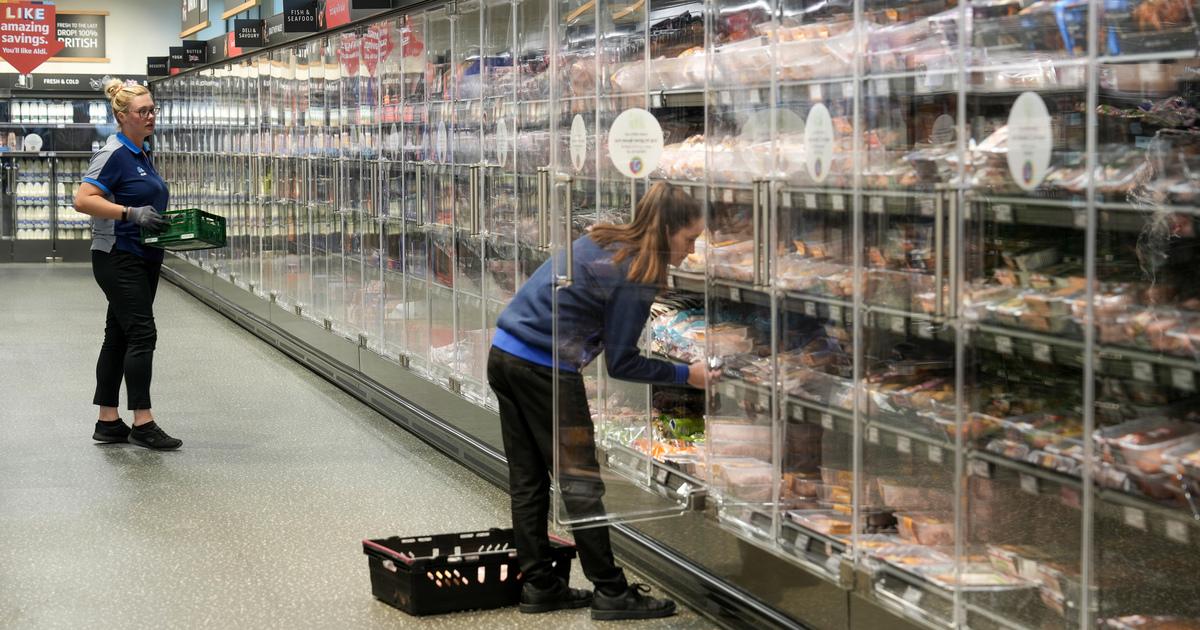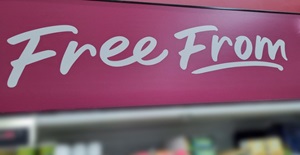Out-Law News 2 min. read
UK government takes step to improve food labelling consistency

Photo by Christopher Furlong/Getty Images
26 Mar 2024, 10:36 am
A recently published UK government consultation is evidence of the government’s commitment to improving food labelling to make it easier for consumers to make informed decisions when purchasing products, an expert has said.
The consultation on fairer food labelling (68 pages / 669 KB) is seeking views on proposals to improve transparency and consistency through improved country of origin, and animal welfare labelling in the UK.
Zoe Betts, health and safety expert at Pinsent Masons, said: “Food labelling and particularly improving its consistency and transparency has been a priority for the government and its food safety regulator, the Food Standards Agency, for some time now. Some important pieces of legislation have emerged over the last few years, with more likely.”
Existing regulations set out how specific information should be described or displayed and require certain information on some products. It also requires that information should not mislead consumers. However, some information used by businesses to brand and market products is not controlled in terms of how it should be displayed.
“This has led to an array of different voluntary terms which are inconsistently applied, risking consumers being unable to clearly compare products and make decisions. This lack of clarity could lead to unfairness both for consumers, who may unknowingly purchase products that do not align with their values, and for farmers who are disadvantaged if their higher production standards are not clear to consumers,” Betts said.
Designed to allow British farmers’ products to “get the recognition they deserve”, the proposals are said by Steve Barclay, secretary of state for the environment, food, and rural affairs, to “ensure greater transparency around the origin of food and methods of production” as well as working towards “helping consumers make decisions that align with their values.”
The consultation looks at how to improve country of origin labelling for certain goods, including how and where this information is displayed, and what products should be included. For instance, if imported pork is cured into bacon in the UK and features a UK flag, the changes seek to make it more obvious to consumers that the pig was reared abroad, such as by increasing the size of the country of origin text or placing it on the front of the packaging.
In addition, in line with commitments made in its 2022 Food Strategy document (33 pages / 305 KB), the government has shared proposals to require methods of production labelling on pork, chicken and eggs. This includes a mandatory five-tier labelling system for both domestic and imported products to differentiate between those that fall below, meet, and exceed baseline UK animal welfare regulations.
Food produced to different environmental and animal welfare standards can be placed on the UK market as long as they comply with stringent food safety requirements. Meat imported into the UK is already required to have been produced to UK sanitary and phytosanitary standards.
The government’s guiding principles for potential labelling reform include a commitment to collaborate with stakeholders across the supply chain with aims to minimise the burden on firms within the industry by putting in place appropriate mitigation measures. This includes allowing for sufficient transition and compliance periods and aligning with labelling reforms in other areas where possible.
However, “care is needed to ensure requirements do not over burden businesses, nor increase rather than decrease consumer confusion,” Betts added.


